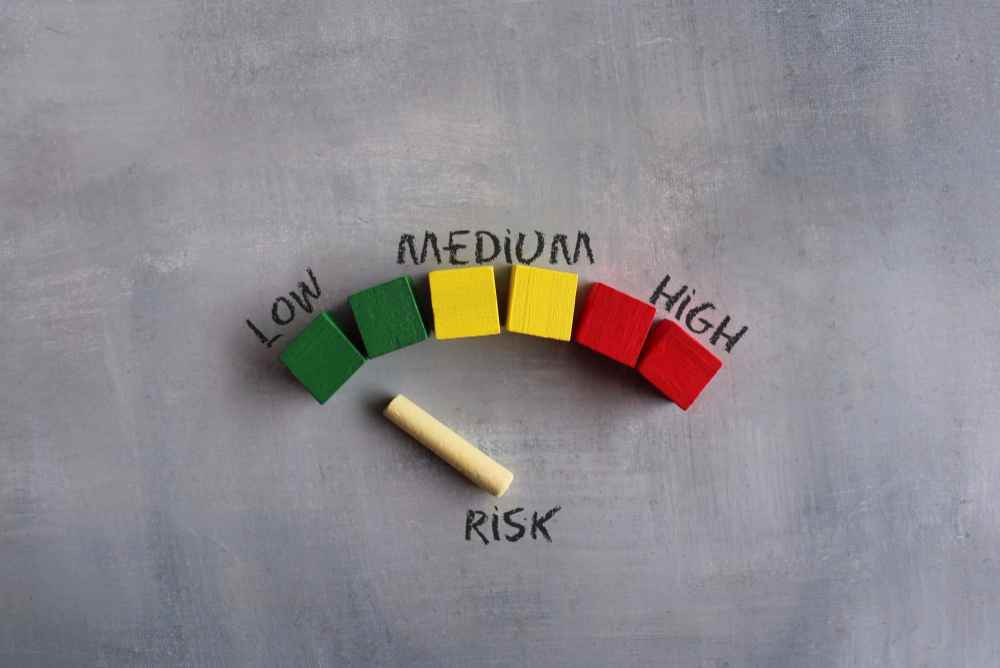Unlocking Wealth: The Real Earnings Potential of Forex Trading Revealed
Forex trading, a term that sparks an immediate interest among those looking to diversify their investment portfolio or find new ways to generate income. It’s a realm filled with potential, but also with complexities that can often seem daunting to the uninitiated. In this comprehensive guide, we’re going to demystify Forex trading, breaking down its intricacies, and revealing the real earnings potential it holds. Whether you’re a seasoned trader or someone just looking to dip their toes into the financial markets, this article aims to provide valuable insights and strategies to help you unlock wealth through Forex trading.
Understanding Forex Trading
Before diving into the earnings potential, it’s crucial to understand what Forex trading entails. Forex, short for foreign exchange, involves the buying and selling of currencies in the global marketplace. It’s the largest financial market in the world, boasting a staggering daily turnover that dwarfs the stock and bond markets combined.
The Basics of Forex
At its core, Forex trading is about speculating on the value of one currency against another. Currencies are traded in pairs, and movements in exchange rates can lead to profits or losses for traders. The beauty of Forex is its accessibility; with a computer and internet connection, anyone can start trading from anywhere in the world.
Why Trade Forex?
The appeal of Forex trading lies in its high liquidity, 24-hour market, and the potential for leverage, which allows traders to control large positions with a relatively small amount of capital. These factors make it an attractive option for individuals looking to maximize their earning potential in a flexible trading environment.
The Earnings Potential of Forex Trading

Now, let’s get to the heart of the matter: the earnings potential. It’s common to hear stories of traders making significant profits in Forex, but it’s essential to approach these tales with a measured perspective.
Realistic Expectations
First and foremost, setting realistic expectations is key. Forex trading is not a get-rich-quick scheme. Successful trading requires knowledge, patience, and a well-thought-out strategy. The potential for high returns exists, but it comes with a corresponding level of risk.
Leverage: A Double-Edged Sword
Leverage can amplify profits, but it can also magnify losses. Understanding how to manage leverage and risk is crucial in Forex trading. Traders need to develop risk management strategies that protect their capital while still allowing for the possibility of growth.
Strategies for Maximizing Earnings
To truly unlock the wealth potential of Forex trading, one must employ effective trading strategies. Let’s explore some approaches that can help traders increase their chances of success.
Technical Analysis
Many successful Forex traders rely on technical analysis, which involves analyzing historical price charts and market data to predict future movements. Learning to read charts and understand indicators can provide traders with an edge in the market.
Fundamental Analysis
While technical analysis focuses on charts and patterns, fundamental analysis looks at economic indicators and news events that can affect currency values. Staying informed about global economic developments can help traders anticipate market movements.
Risk Management: The Key to Longevity in Forex Trading

No discussion of earnings potential is complete without addressing risk management. The ability to manage risk effectively is what separates successful traders from those who struggle.
Setting Stop-Loss Orders
One fundamental risk management tool is the stop-loss order, which automatically closes a position at a predetermined price to limit potential losses. Using stop-loss orders can help traders protect their capital and stay in the game longer.
The Importance of a Trading Plan
A well-crafted trading plan is essential for disciplined trading. It should outline your trading strategy, risk tolerance, and goals. Sticking to a plan can help traders avoid emotional decision-making and stay focused on long-term objectives.
The Psychological Aspect of Forex Trading
Trading psychology plays a crucial role in the success of Forex traders. The ability to maintain discipline, manage stress, and cope with losses is just as important as any trading strategy.
Overcoming Fear and Greed
Fear and greed are two emotions that can lead to costly mistakes in trading. Learning to recognize and control these emotions can help traders make rational decisions based on analysis rather than impulse.
The Importance of Continuous Learning
The Forex market is constantly evolving, and so should a trader’s knowledge. Continuous education about market trends, trading tools, and strategies is vital for staying competitive and maximizing earnings potential.
Leveraging Technology in Forex Trading

In today’s digital age, technology plays a significant role in Forex trading. From advanced charting software to automated trading systems, leveraging technology can enhance a trader’s ability to analyze the market and execute trades efficiently.
The Role of Trading Platforms
Choosing the right trading platform is crucial for a seamless trading experience. A good platform offers robust analysis tools, reliable execution, and intuitive interface. It’s worth spending time researching and testing different platforms to find one that suits your trading style.
The Advantages of Automated Trading Systems
Automated trading systems, or trading robots, can execute trades based on predefined criteria, removing emotions from the trading process. While not a substitute for human judgment, they can be a valuable tool for testing strategies and managing risk.
Conclusion
Forex trading offers a world of opportunity for those willing to put in the time to learn and develop effective trading strategies. While the potential for significant earnings exists, it’s important to approach trading with a realistic mindset, focusing on risk management and continuous learning. By understanding the market, leveraging technology, and maintaining discipline, traders can unlock the real earnings potential of Forex trading.
FAQs

1. How much money do I need to start Forex trading?
You can start Forex trading with a relatively small amount of capital, thanks to leverage. Some brokers allow you to open accounts with as little as $100. However, starting with more capital can give you more flexibility in your trading.
2. Is Forex trading risky?
Yes, Forex trading involves significant risk, including the risk of losing your entire investment. It’s important to use risk management strategies and never invest money you can’t afford to lose.
3. Can I do Forex trading part-time?
Absolutely. The Forex market operates 24 hours a day, five days a week, allowing traders to participate on a part-time basis at times that suit them.
4. How long does it take to become successful in Forex trading?
The time it takes to become successful varies from trader to trader. Consistency, education, and experience are key factors. Some may see success within a few months, while for others, it may take several years.
5. Are there any recommended resources for learning Forex trading?
There are numerous resources available, including online courses, webinars, forums, and books. Look for reputable sources that offer comprehensive and up-to-date information to start your learning journey.




